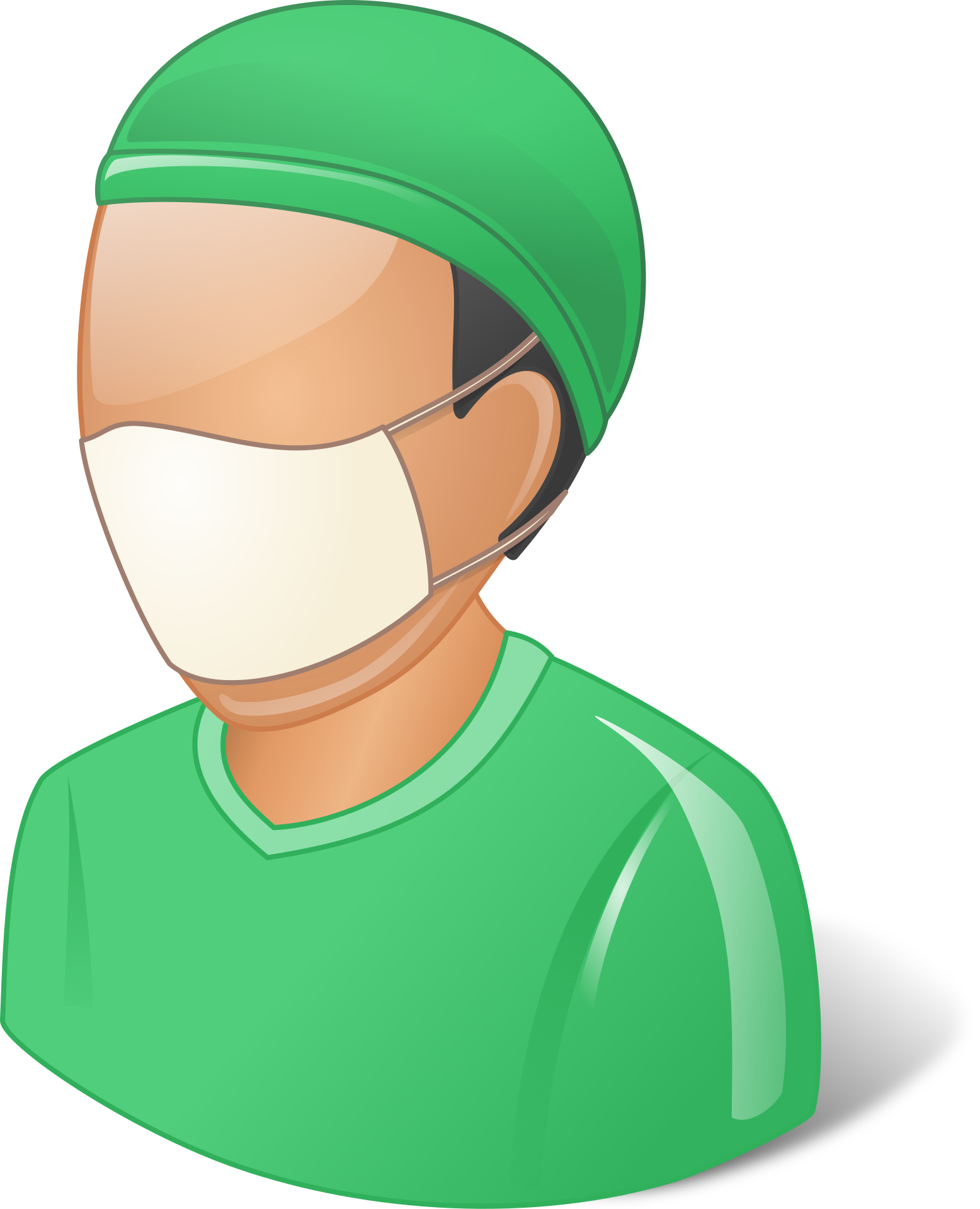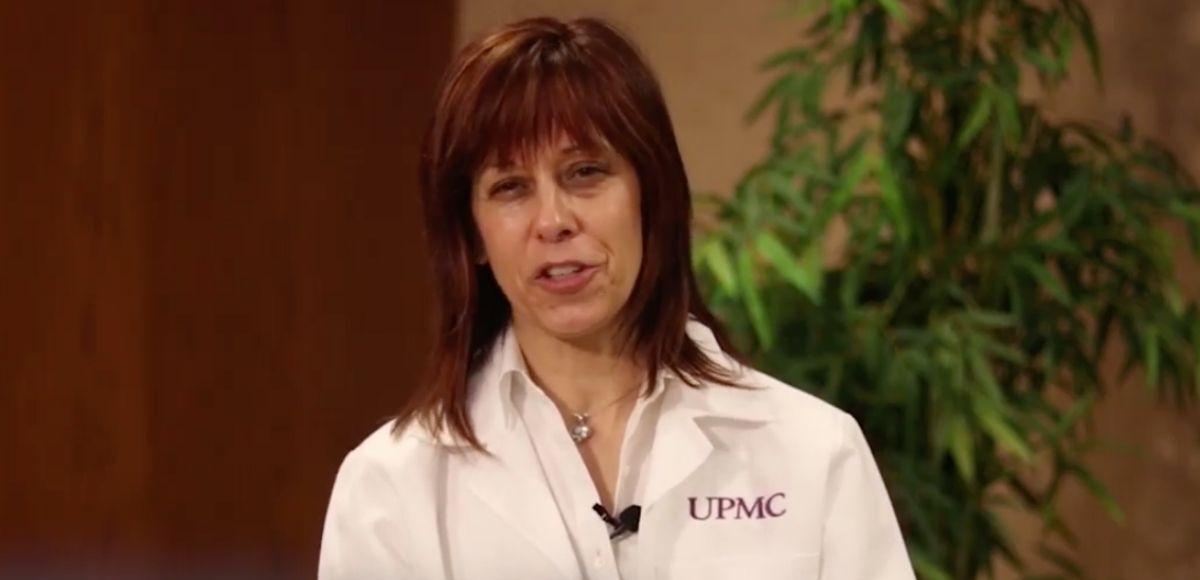Through the United States, roughly one in seven women suffer from postpartum depression and of those, as many as 10% of their partners also suffer from postpartum. To explore this issue, On the PULSE sat down with nurse and midwife Kathy Swatkowski, of UPMC.
Most of all, Swatkowski said postpartum depression “has nothing to do with whether you love your baby or not.”
“It just has to do with the changes that are going on in your body,” Swatkoyski said. “Women that have postpartum depression, don’t love their baby any less than a mother that has never experienced postpartum depression.”
Full Q&A:
Q. What is postpartum depression?
A. Postpartum depression are feelings after having a baby of depression, anxiety, not being able to get through your day, not coping well, and there are a fairly long list of the signs of postpartum depression, things like not being able to sleep well, sometimes sleeping more than you might think you should, eating more or less than you normally would, feelings of withdrawal, anxiety, depression.
Q. Can postpartum depression vary from person to person?
A. Absolutely, I mean as I was talking about, some people will sleep more. Some people will sleep less. So, it’s not that any one person would have all of the same symptoms as somebody else. It really just depends on how they’re coping and how they’re able to get through postpartum depression. So we do screen for all of the signs. Some people feel very hopeless when they have postpartum depression. And so we asked a variety of questions to screen women about postpartum depression.
Q. What is the cause of postpartum depression?
A. There’s no one cause for it. So after you have a baby, there’s a lot of hormone changes, there’s a lot of social changes. There’s a lot of relationship changes, which really affect your whole life. So, we know that about one in seven women experience postpartum depression. But no one person presents the same as everybody else.
Q. How common is PPD? Has it increased?
A. I think that it’s probably been growing, especially in this time of COVID, there’s a lot of social isolation which makes it a lot harder for women. They’re not able to get out and just get out of their house after they’ve had their baby. The friends that they may have relied on before for support can’t come to their house for support. There’s also was something called the Baby Cafe here in Williamsport which was for new moms, and it was a great support group. But again, in COVID, it had to stop at that time. So because of that lack of social interaction, there is definitely right now an increase in postpartum depression and anxiety.
Q. How can a person deal with PPD?
A. I think one of the biggest things is...

